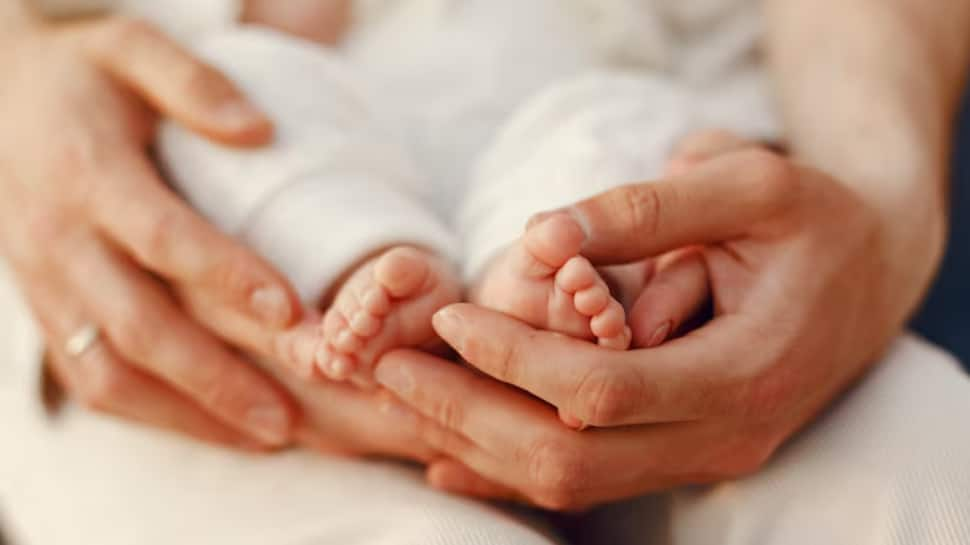World IVF Day, also known as World Embryologist Day, is celebrated on the 25th of July every year. In vitro fertilisation (IVF) has hugely changed the way several couples can cope with infertility issues. Experts say what was earlier a last resort for mainstream reproductive care in India is now safe and increasingly successful.
“Couples walk in with anxiety and questions,” says Dr Ila Gupta, Chairperson & Chief IVF Consultant at Pristyn Care Ferticity. “IVF allows us to assess, clinically intervene, and present a clear path ahead.”
IVF: A Guided Medical Process, Not A Gamble
IVF involves fertilising an egg with sperm in a lab. Once the embryo is formed, a fertility expert transfers it into the uterus. While the whole process sounds intimidatingly technical, it is backed by rigorous protocol and precision.
Here is a step-by-step procedure of IVF:
1. Stimulating ovaries: Hormonal injections trigger the ovaries to produce multiple mature eggs.
2. Egg retrieval: Doctors collect eggs through a short, minimally invasive procedure.
3. Fertilisation: Doctors combine sperm in the lab. Advanced techniques like ICSI may also be needed.
4. Embryo development: Further, embryologists grow the embryos for 3-5 days, then assess for quality.
5. Embryo transfer: One or more embryos are placed in the uterus via a soft catheter.
6. Pregnancy testing: A blood test after 10-14 days confirms the IVF outcome.
Who should consider IVF?
IVF is often suitable in the following cases:
1. Scarred, damaged, or blocked fallopian tubes
2. Male factor infertility (low sperm count or motility)
3. Endometriosis
4. Ovulatory disorders
5. Couples with repeated IUI failures
6. Unexplained infertility
What influences IVF outcomes?
Age is the most crucial factor for women below 35 years, who have better success rates. However, lifestyle, reproductive health, and timing also matter.
Dr Gupta emphasises managing expectations: “IVF isn’t a quick fix. It may take more than one cycle for some couples. But each attempt offers valuable insight for success in the next cycle.”
The lesser-talked-about aspect of emotional resilience: In IVF, along with the medical expertise, patience also plays a crucial role.
“It comes with a waiting period, hormonal changes, and emotional burnout,” shares Dr Gupta. “This is where extra emotional care matters. We make sure that couples don’t feel like going through the challenges on their own.”
Also, choose a facility that blends technology with empathy, has in-house embryology labs, personalised care protocols, and honest, open communication.
She concludes, “Today’s scenario of IVF is much evolved and evidence-based, results-driven, and becoming easier to access for couples from all walks of life. For couples who are stuck, it gives a new direction, one that is guided, not left to anticipation.”

